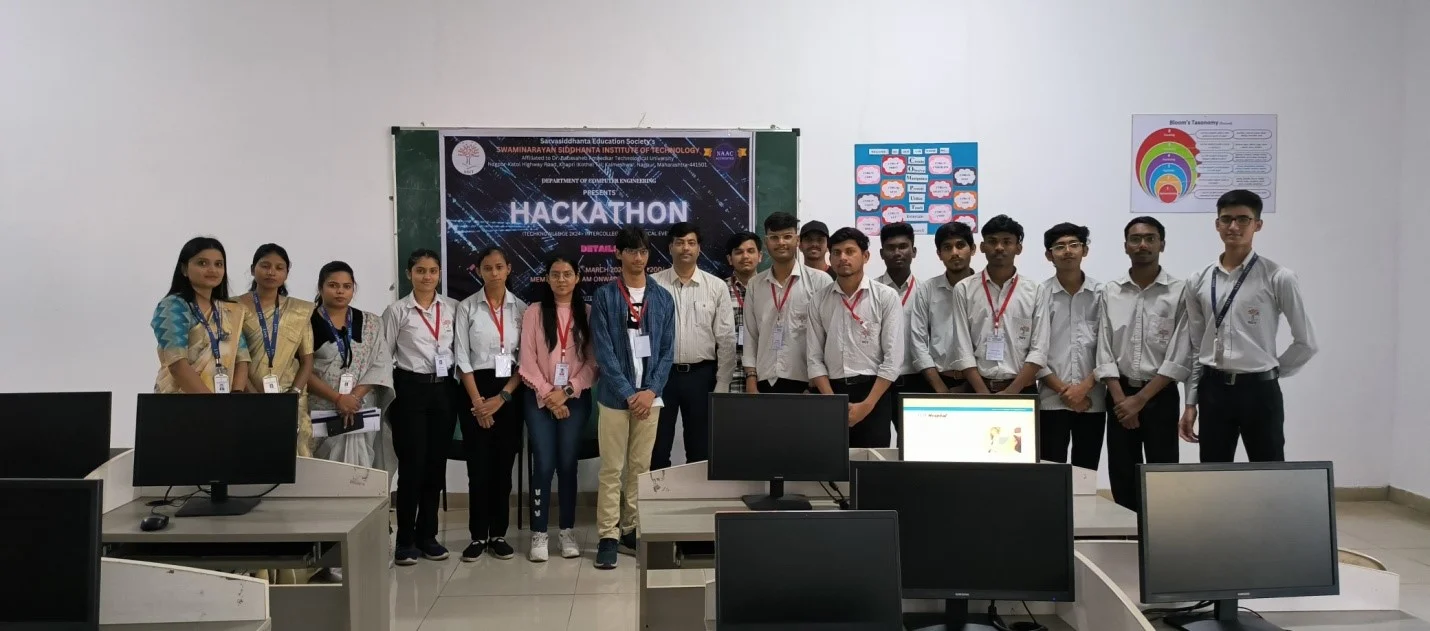Mechanical Engineering
About Department
The Department of Mechanical Engineering was established in the year 2008 and is affiliated to Rashtrasant Tukadoji Maharaj, Nagpur University. The Department has a degree course with an intake of 60 students. Mechanical engineering is the evergreen field of engineering. With an objective to develop highly competent human resources in Mechanical Engineering Profession, the department has well-equipped laboratory facilities and well qualified faculty members having vast experience in teaching and industrial background.
The department is aiming to transform itself into a centre of excellence in academics & research. The department has shown good results in university. Student centric activities are regularly conducted to explore the hidden talents and inculcate qualities required for employability of the students. The student’s placement record is also remarkable every year.
Head of Department

Prof. Rahul Gurpude
Mr. Rahul R. Gurpude is an accomplished research scholar and educator in Mechanical Engineering, currently affiliated with SSIT. He has submitted his PhD thesis focused on producing customized cranial implants using the SPIF process. With over 13 years of combined experience in teaching and research, he has served as Head of the Mechanical Engineering Department and IQAC at Swaminarayan Siddhanta Institute of Technology. His expertise spans sheet metal forming, friction stir processing, microstructural characterization, and material modeling.
Mr. Gurpude has published in reputed international journals such as the Journal of the Brazilian Society of Mechanical Sciences and Engineering and contributed to books published by Springer and Taylor & Francis. He holds an M.Tech in Mechanical Engineering Design and a B.Tech in Mechanical Engineering, both from KDK College of Engineering, Nagpur. He has presented at several international conferences and has a strong record of academic and research achievements, including ranking distinctions during his M.Tech. Proficient in English, Hindi, and Marathi, he continues to contribute to advancements in manufacturing processes and biomedical implant fabrication.
Department Intake/Program Offered
- UG Course
| Name of the UG Program | B.Tech. in Mechanical Engineering |
|---|---|
| DTE Choice Code : | 418161210 |
| Number of Intake : | 60 |
| Duration of Course : | 4 Years |
Vision And Mission
Vision
- To develop technically skilled Mechanical Engineers for Socio-Economical growth of the Society
Mission
- To provide an education that builds within students a solid foundation in mechanical engineering principles.
- To impart quality technical education to the students to create competitive mechanical engineers.
- To provide expertise at various micro and macro level industrial training in core area. To imbibe ethical values among the students to make them capable of handling societal problems.
Program Educational Objectives (PEO)
- PEO-1: To provide essential knowledge for successful professional careers in Mechanical Engineering domains.
- PEO-2: To empower students to be competent with strong technological background to pursue higher studies or research.
- PEO-3: To develop professional attitude, moral and ethical values with a passion for life-long learning.
Program Specific Outcomes (PSOS)
Graduates will be able :
- PSO-1: Too recognize complex engineering problems in mechanical engineering domains.
- PSO-2: To make use of acquired technical knowledge in the field of research and development.
- PSO-3: To exhibit attitude for emerging challenges to provide effective solutions.
Program Outcomes
Engineering Graduates will be able to:
- Engineering knowledge: Apply the knowledge of mathematics, science, engineering fundamentals, and an engineering specialization to the solution of complex engineering problems.
- Problem analysis: Identify, formulate, review research literature, and analyze complex engineering problems reaching substantiated conclusions using first principles of mathematics, natural sciences, and engineering sciences.
- Design/development of solutions: Design solutions for complex engineering problems and design system components or processes that meet the specified needs with appropriate consideration for the public health and safety, and the cultural, societal, and environmental considerations.
- Conduct investigations of complex problems: Use research-based knowledge and research methods including design of experiments, analysis and interpretation of data, and synthesis of the information to provide valid conclusions.
- Modern tool usage: Create, select, and apply appropriate techniques, resources, and modern engineering and IT tools including prediction and modelling to complex engineering activities with an understanding of the limitations.
- The engineer and society: Apply reasoning informed by the contextual knowledge to assess societal, health, safety, legal and cultural issues and the consequent responsibilities relevant to the professional engineering practice.
- Environment and sustainability: Understand the impact of the professional engineering solutions in societal and environmental contexts, and demonstrate the knowledge of, and need for sustainable development.
- Ethics: Apply ethical principles and commit to professional ethics and responsibilities and norms of the engineering practice.
- Individual and team work: Function effectively as an individual, and as a member or leader in diverse teams, and in multidisciplinary settings.
- Communication: Communicate effectively on complex engineering activities with the engineering community and with society at large, such as, being able to comprehend and write effective reports and design documentation, make effective presentations, and give and receive clear instructions.
- Project Management and Finance: Demonstrate knowledge and understanding of the engineering and management principles and apply these to one’s own work, as a member and leader in a team, to manage projects and in multidisciplinary environments.
- Life-long Learning: Recognize the need for, and have the preparation and ability to engage in independent and life-long learning in the broadest context of technological change.
Faculty Details
| Sr. No. | Photograph | Name of Faculty | Qualification | Designation | Total Experience |
|---|---|---|---|---|---|
| 1 |  | Prof. Rahul Gurpude | M.Tech in MED PHD (Pursuing) | HOD Assistant Professor | 14 Years |
| 2 |  | Prof. Nikhil Kale | M. Tech. CAD CAM PHD (Pursuing) | Assistant Professor | 8 Years |
| 3 |  | Prof. Ravindra Gandhe | M. Tech Heat Transfer | Assistant Professor | 14 Years |
| 4 |  | Prof. Sumit Kumar | M. Tech. I.E PHD Pursuing | Assistant Professor | 10 Years |
| 5 |  | Prof. Saurav Verma | M. Tech. Heat Power | Assistant Professor | 10 Years |
| 6 |  | Prof. Sandesh P. Gotekar | M. Tech. Heat Power | Assistant Professor | 11 Years |
Facilities and Events Gallery
- All
- Forum
- Facilities
- Events
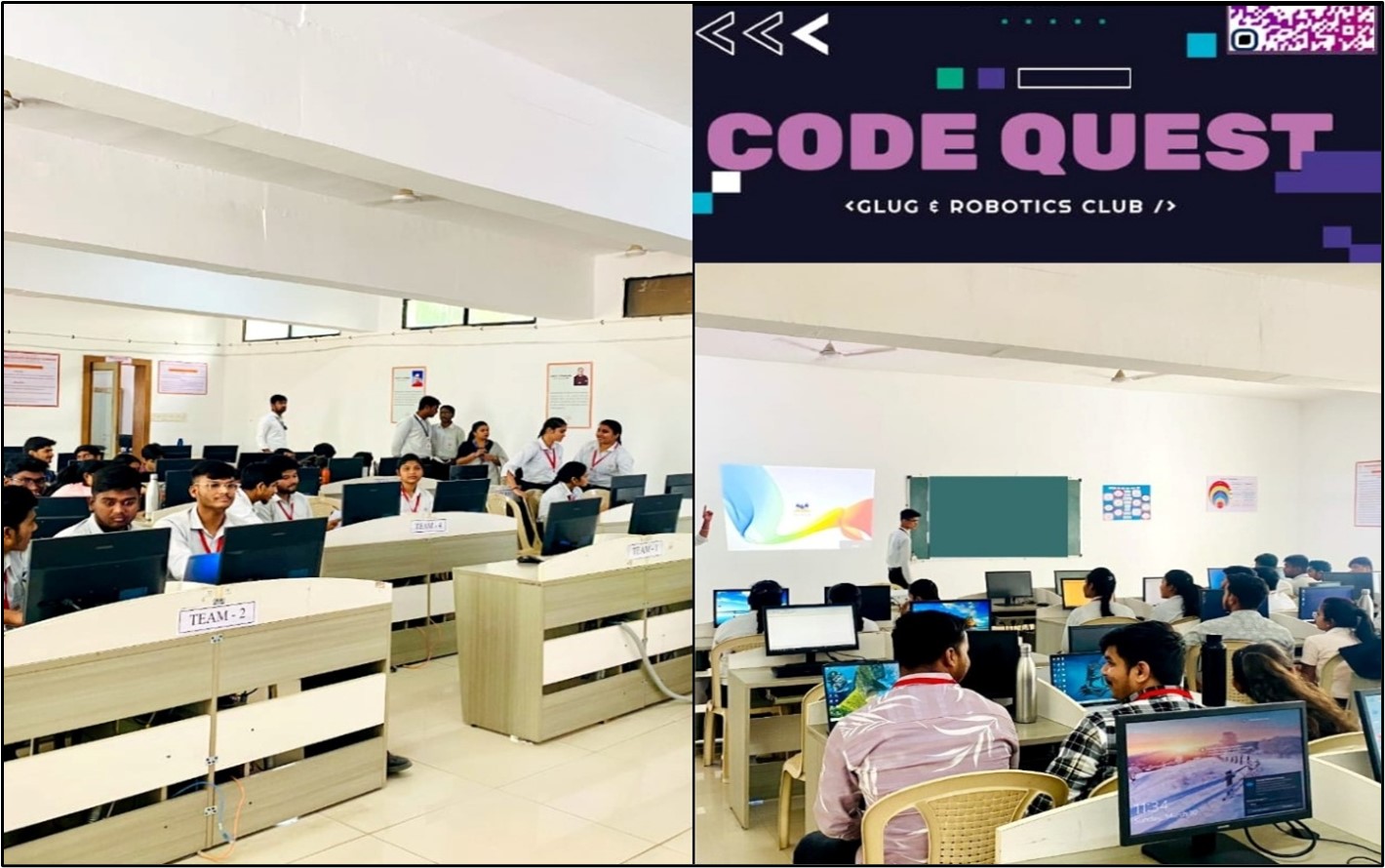
Code Quest Competition
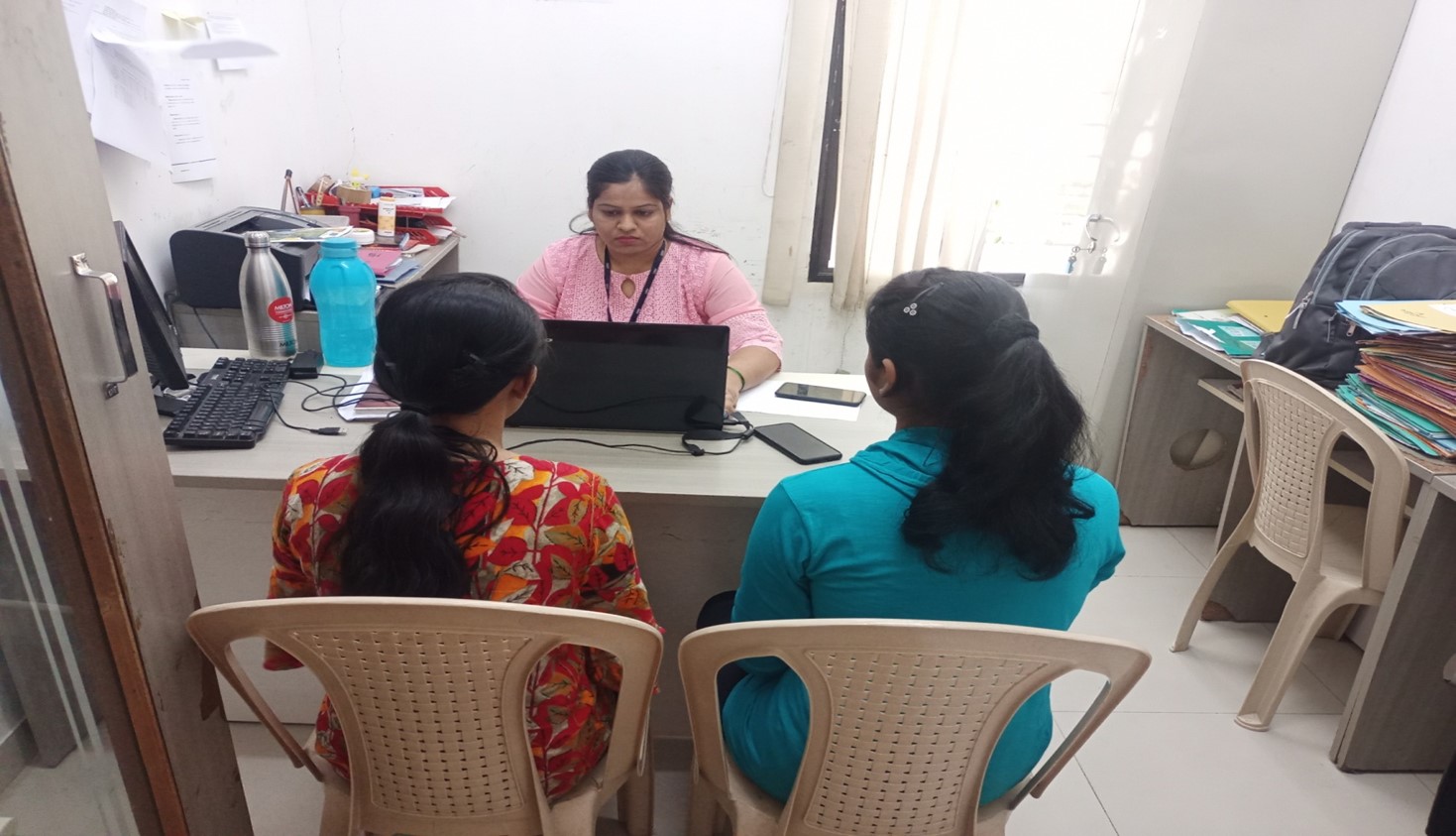
Interview Process
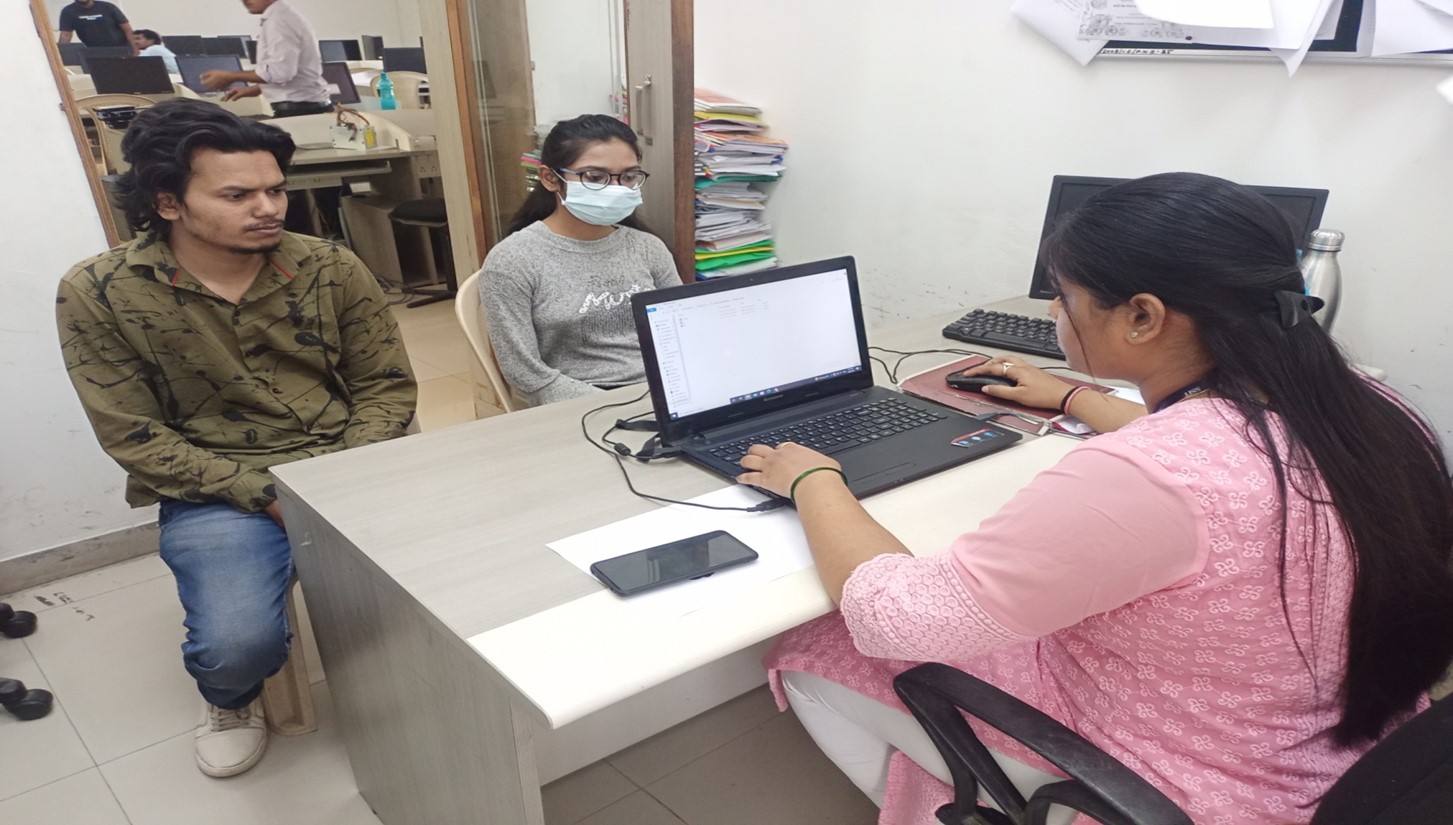
Interview Process
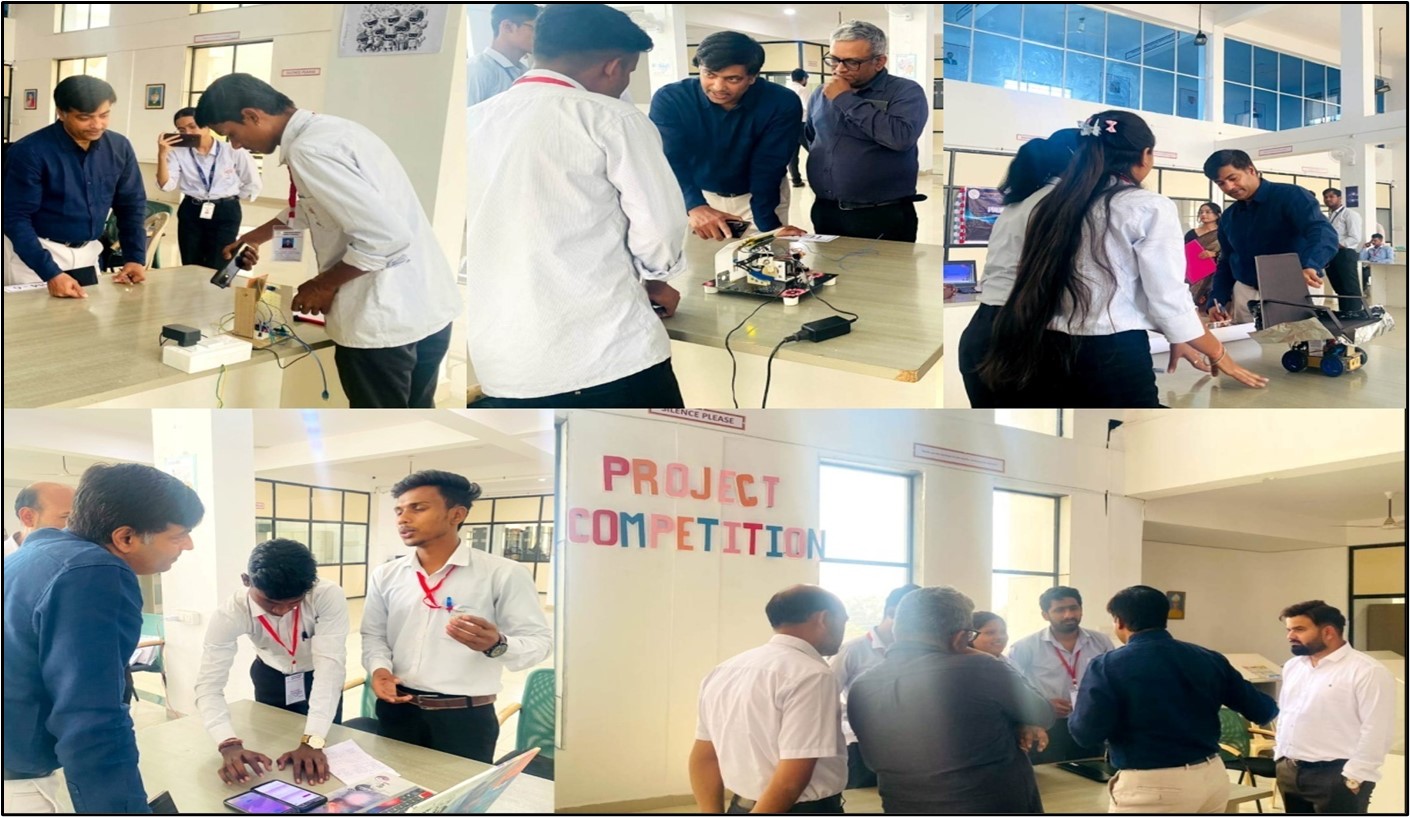
Project Presentations
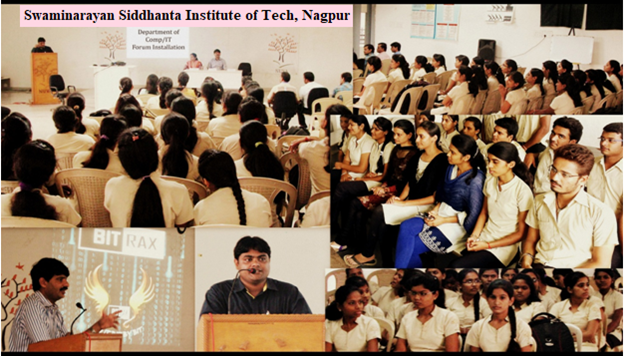
Seminar
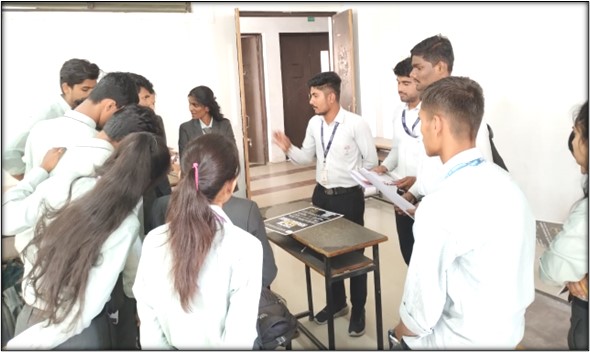
Treasure Hunt
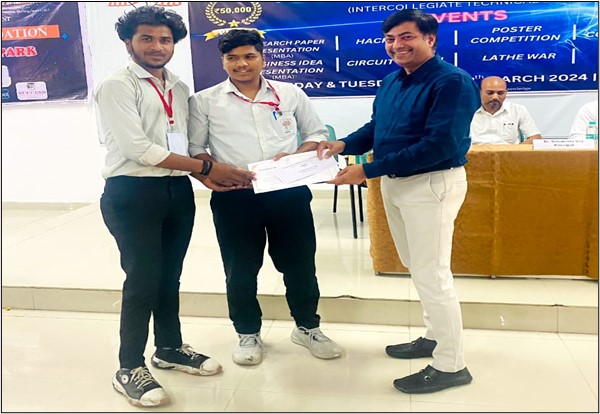
Treasure Hunt
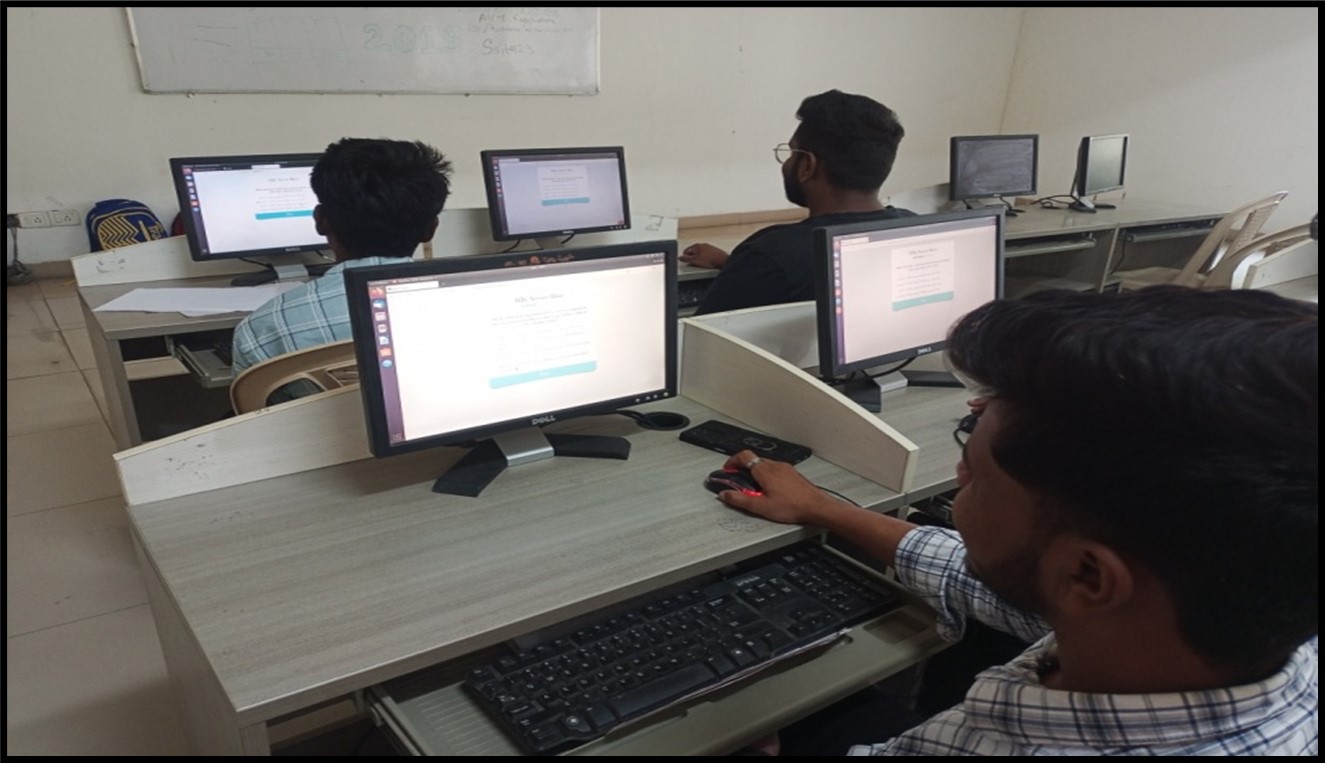
Code Master Challenge
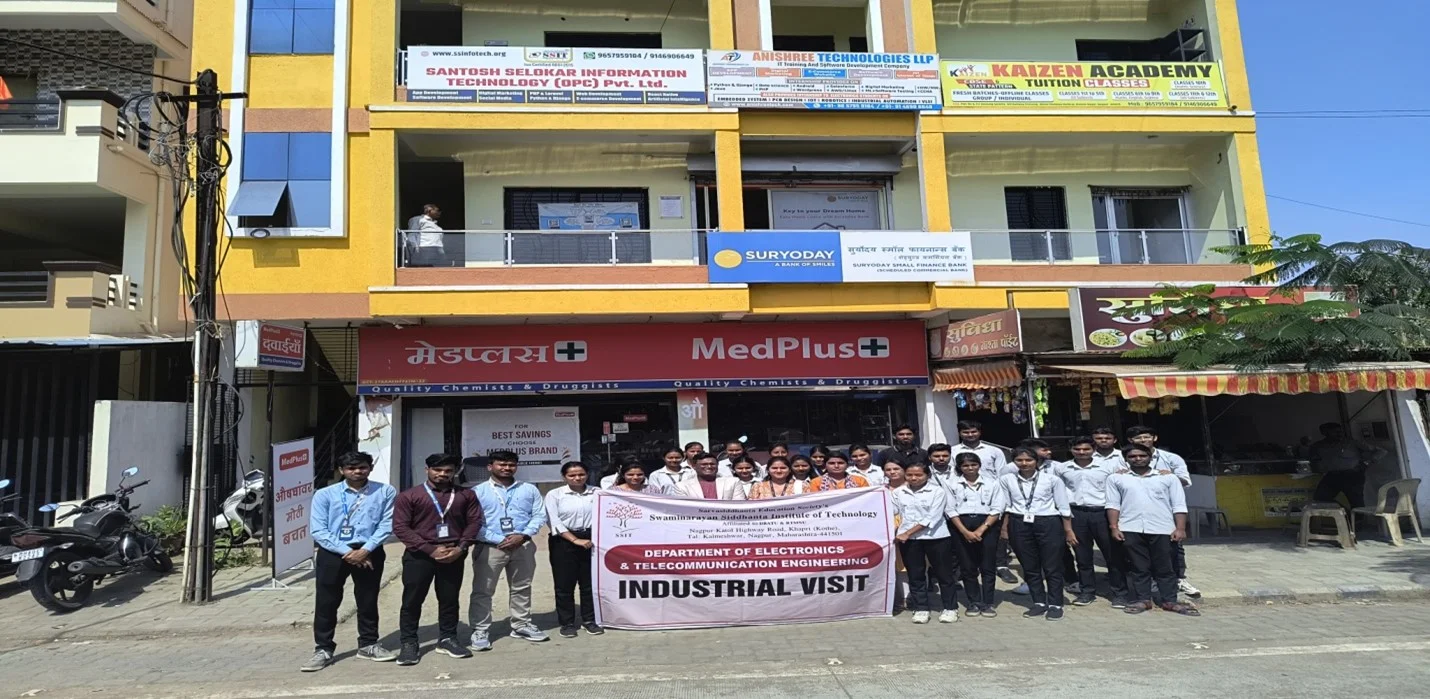
Industrial Visit at Anishree Technologies LLP, Nagpur
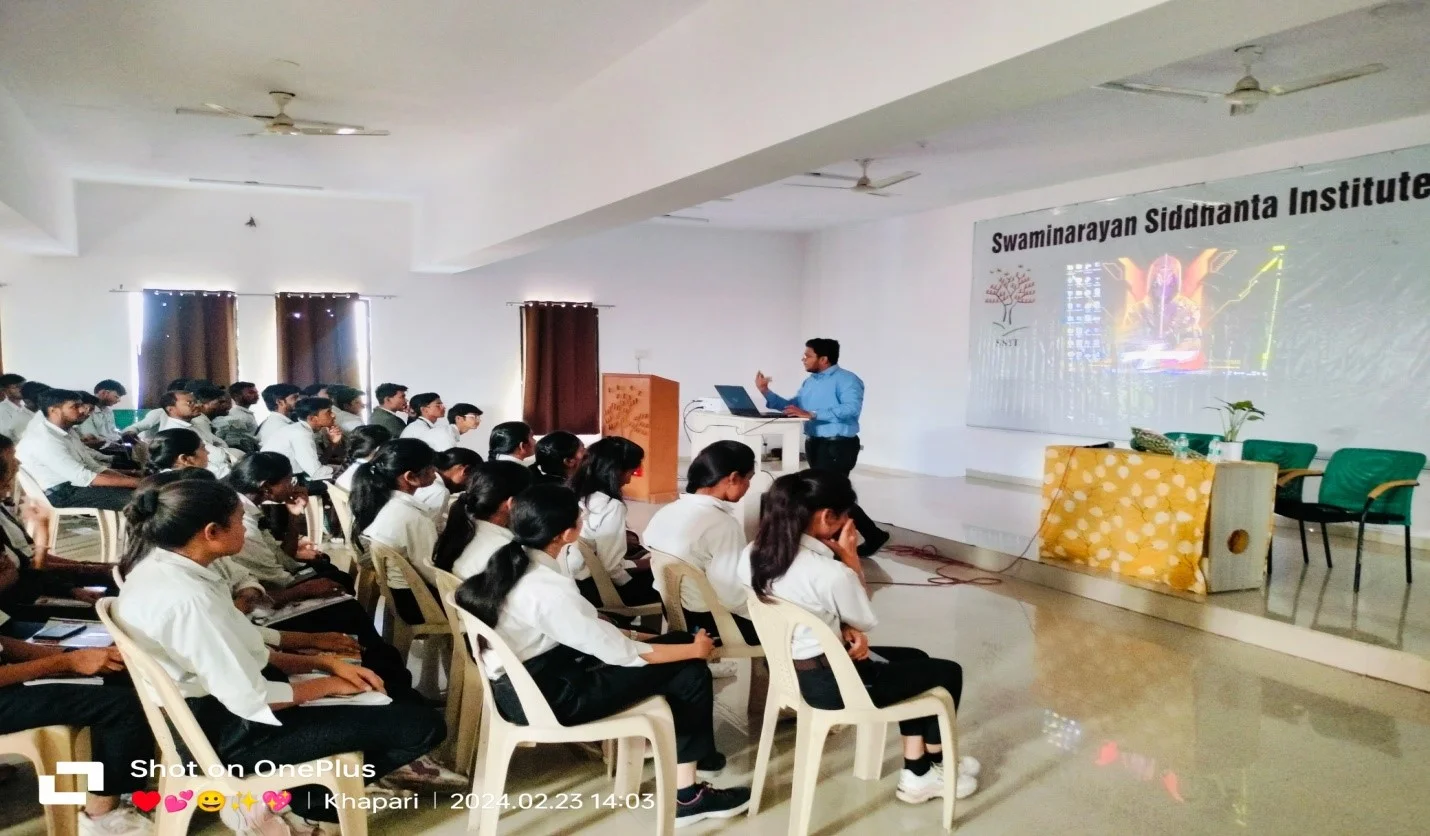
Expert Lecture on Advance Python
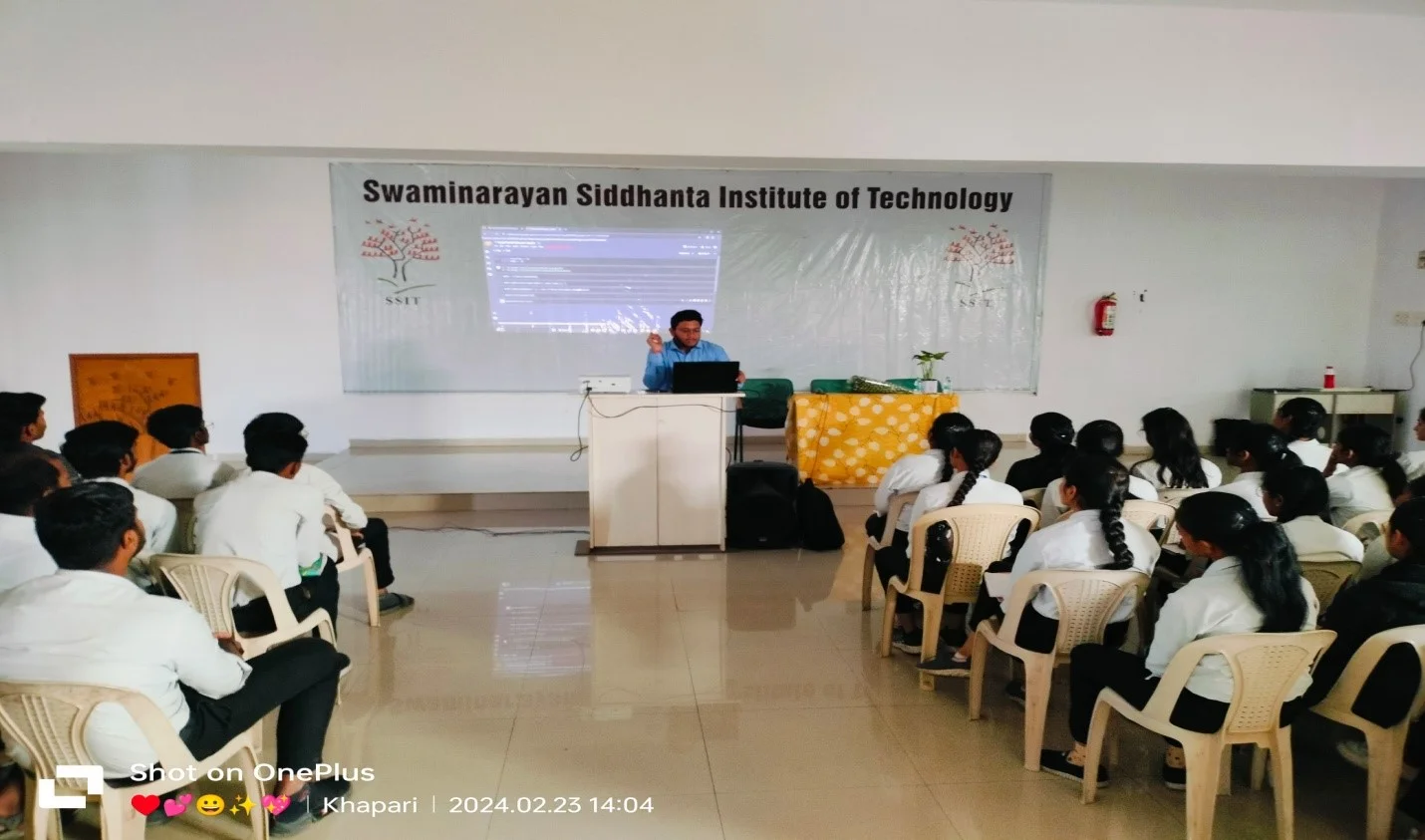
Expert Lecture on Advance Python
